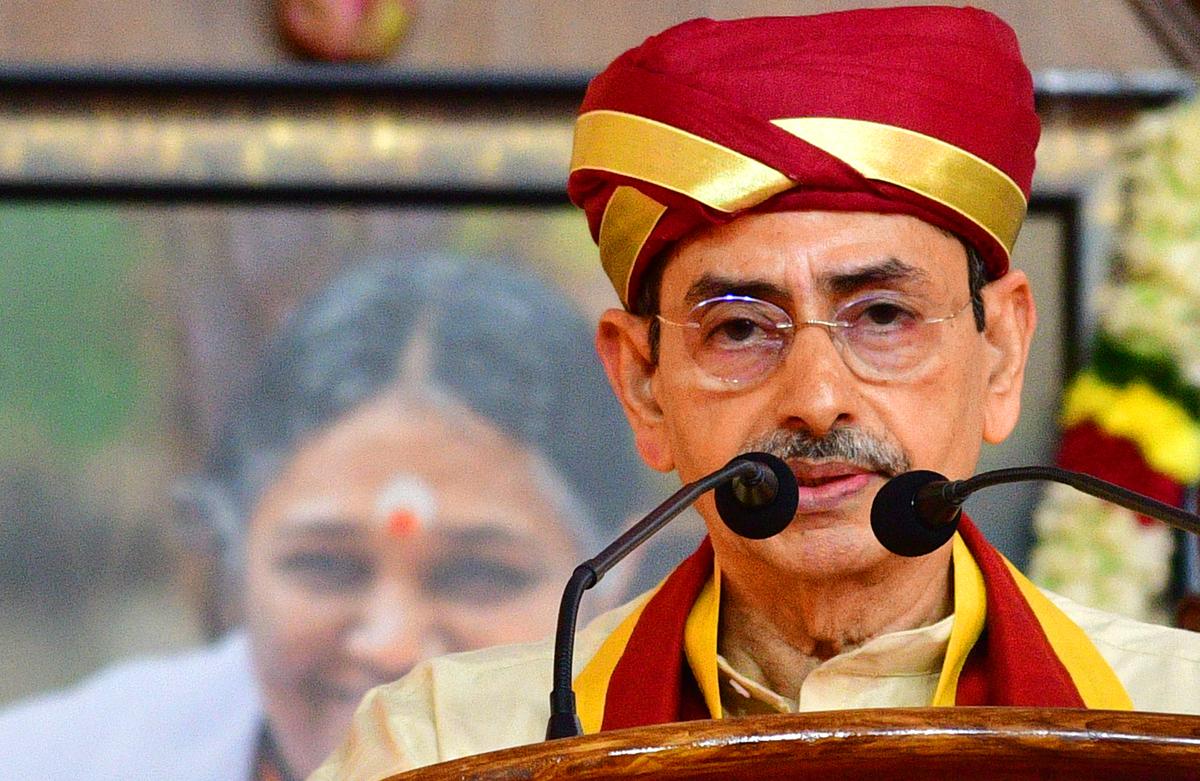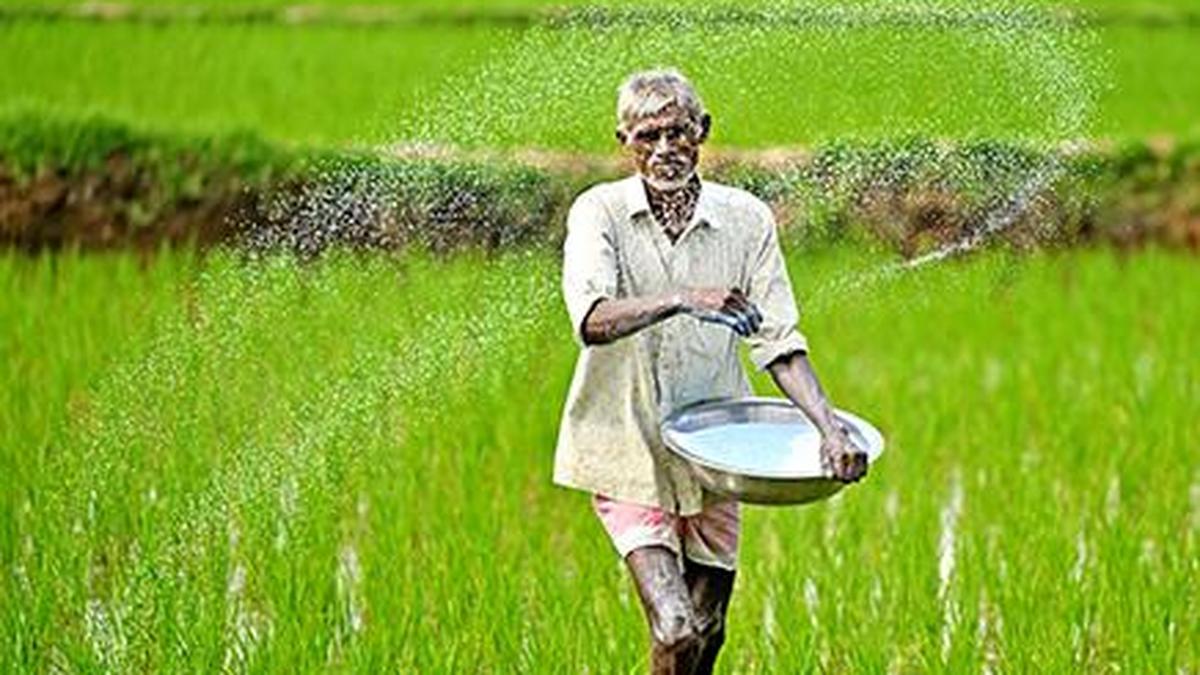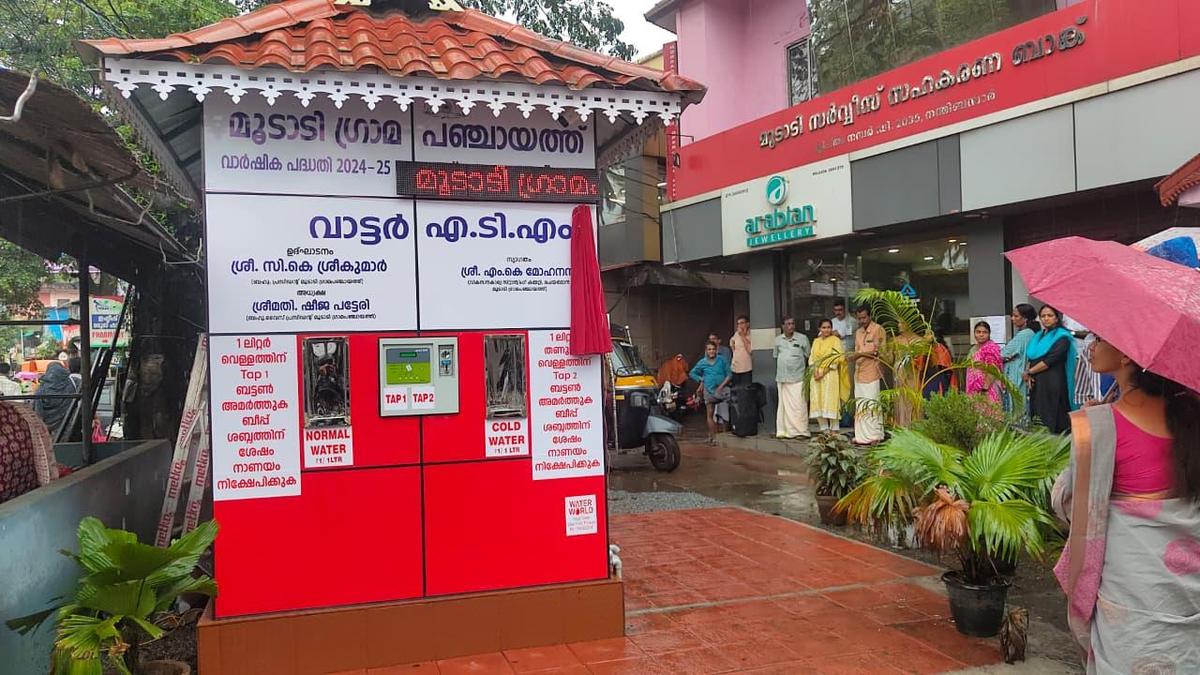The Kerala High Court has modified its interim order that had put curbs on members of the public being permitted to use washrooms in petroleum retail outlets located beside national highway corridors.
The court on Wednesday directed that the washrooms remain open to members of the public round the clock. Display boards announcing their availability too must be put up, the court said, adding that permission to use washrooms would be subject to matters like safety protocol and security considerations.
The modified order by a Bench of Justice C.S. Dias comes in the wake of a submission by the State government about guidelines issued in December 2020 by the Union Ministry of Road Transport and Highways. It speaks of the need for drinking water and washrooms in retail fuel outlets round the clock, for use by the public.
In its affidavit, the Indian Oil Corporation (IOC) said as per its marketing guidelines, washrooms must be available to customers and transit travellers at all times, subject to safety protocols. However, it maintained that these cannot be termed as public toilets by local bodies.
Allowing access to people who are not customers and travellers, remained the discretion of the retail dealer or manager. The other petroleum majors sought more time to submit their responses.
The court had in June issued an interim order stating that the government cannot insist that toilets in private petroleum retail outlets be allowed for use by members of the public. The order was passed on a petition filed by the Petroleum Traders Welfare and Legal Service Society and five retailers, challenging a move by the government and local bodies to convert these toilets as public toilets.
They contended that the private toilets they maintained at their retail outlets for emergency use by customers were often being forced to be opened for public use. Many members of the public and even those who arrived on tourist buses were thus seeking access to the toilets, disrupting regular functioning of the outlets and sometimes leading to altercations on the high-risk premises. Citing protection under Article 300A of the Constitution, they argued that toilets they built within their premises were private property.
Published – August 13, 2025 09:06 pm IST





